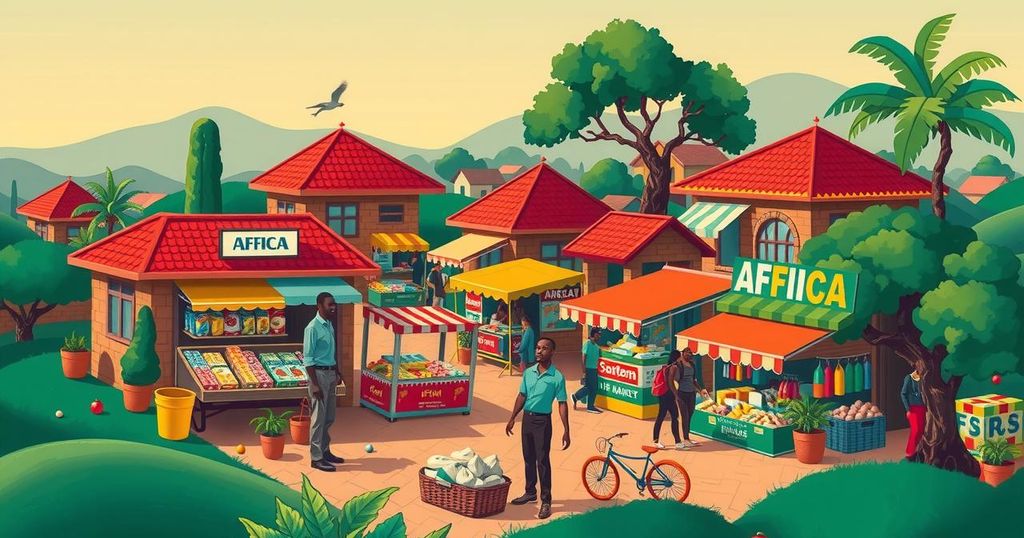The emergence of group purchasing organizations (GPOs) in South Africa has provided independent retailers with opportunities for enhanced purchasing power and operational efficiency. GPOs allow retailers to maintain autonomy while benefiting from shared resources. Key examples include Spar and Power Build, which offer various levels of support tailored to the needs of their members.
In South Africa, the emergence of buying groups, or group purchasing organizations (GPOs), has increased significantly over the past decade. This model offers business owners a balance between the independence of owning their own business and the support that comes from being part of a larger organization. Buying groups comprise collective associations of businesses that work together to enhance purchasing power, improve operational efficiency, and exchange valuable knowledge, ultimately leading to better pricing and enhanced retail experiences.
These buying groups are particularly prevalent in sectors such as fast-moving consumer goods (FMCG) and hardware. Notable examples in FMCG include Spar and Shield, while Power Build, Build it, and Mica Hardware represent the hardware sector. Karen Keylock, the national retail services manager at Nedbank Commercial Banking, highlights the competitive challenges faced by independent retailers, who must contend with larger retail chains and the demands of cost-conscious consumers.
Keylock emphasizes that independent retailers require more than just a solid concept and business skills. They need a strategic advantage, which a value-driven buying group can provide. Such groups not only facilitate bulk purchasing for discounts but also enhance credit terms, minimize waste, improve inventory turnover, and develop joint marketing initiatives, which collectively lead to cost savings and efficiency gains.
Armand Feldtmann, the managing director and founder of Power Build, notes that their assistance to retail partners is tailored and can be adapted based on individual needs, adopting a pay-as-you-use structure. Members can choose between varying levels of support, ranging from a simple purchasing power arrangement to fully branded stores with comprehensive operational support.
Spar operates as a voluntary trading organization, allowing store owners the benefits of bulk buying while retaining operational autonomy and flexibility in product selection, pricing strategies, and community engagement. It couples independence with operational support across marketing, staffing, finance, and store development. Their expansive distribution network and timely deliveries to 2,500 stores further enhance their operational efficiency.
The buying group model is particularly beneficial for sectors that require operational efficiency without stringent controls typical of franchise models. By leveraging economies of scale, independent retailers can thrive in competitive environments, transforming their businesses from mere survival to prosperity while enjoying the freedom of entrepreneurship.
The rise of buying groups in South Africa provides a compelling alternative for independent retailers. By joining forces, these retailers gain access to enhanced purchasing power, operational efficiencies, and vital support without losing autonomy. This collaborative model not only enables them to compete effectively against larger retail chains but also encourages innovation and community engagement, ultimately leading to a more vibrant retail landscape. Retailers like Spar and Power Build exemplify how this approach can foster independence while ensuring profitability through strategic collaborations and tailored support services.
Original Source: www.zawya.com






